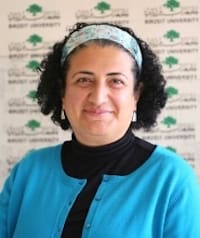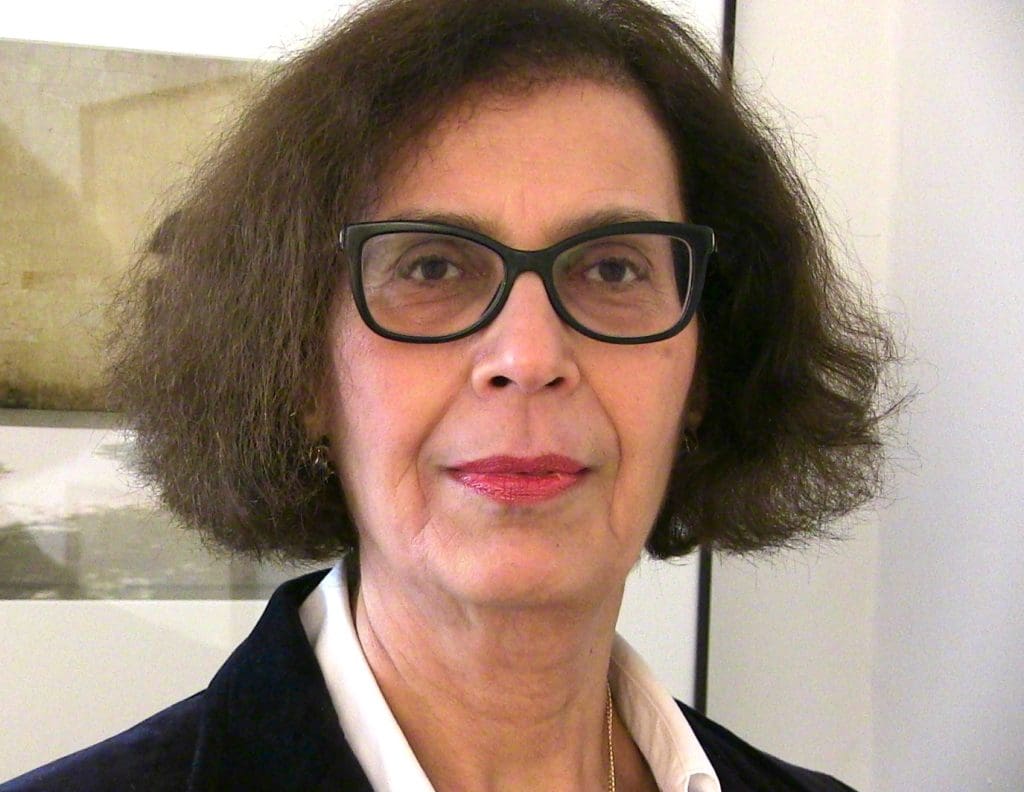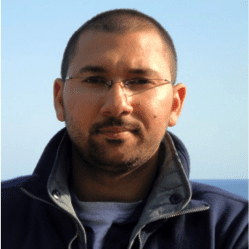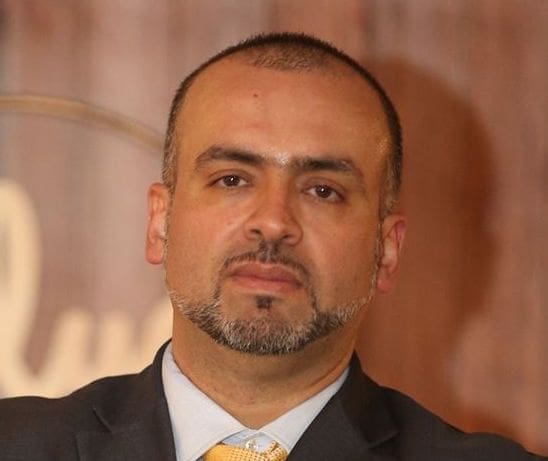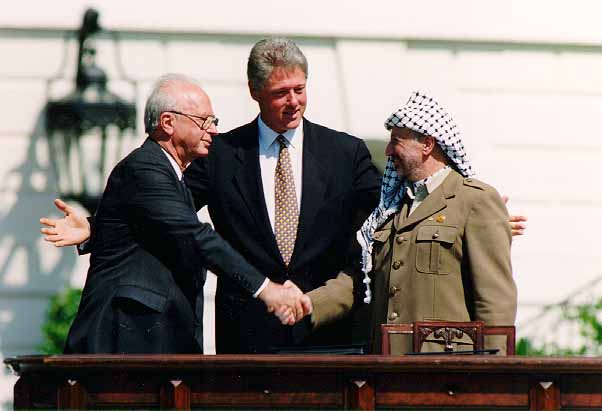
A quarter of a century since the signing of the Oslo Accords, an independent and sovereign Palestinian state has become little more than a myth as Israel continues to expand its settler colonial project and military occupation. Oslo’s structure and framework are to blame for this reality, as the Accords were not a peace agreement but a security arrangement between colonizer and colonized. Oslo not only shrank and fragmented Palestine and the Palestinians, but also imposed rigid political and economic structures that have constrained Palestinians’ freedom and shackled their ability to realize their rights and self-determination.1
In this selection of pieces, Al-Shabaka policy analysts examine Oslo and its impact on the political and economic domains that govern Palestinians in the West Bank and Gaza Strip. They argue that Palestinians can only achieve their basic political, civil, and human rights by reversing the Accords’ detrimental effects on the Palestinian struggle and rebuilding consensus around their national goal.
The Politics of Oslo
Oslo’s Roots: Kissinger, the PLO, and the Peace Process
By Osamah Khalil
Osamah Khalil draws on declassified US diplomatic documents to argue that the roots of Oslo lie in the Palestine Liberation Organization (PLO) leadership’s pursuit of a relationship with Washington. Private conversations were in sharp contrast to the revolutionary rhetoric espoused by the PLO to appease its supporters, revealing how the leadership was eager for negotiations and confirming that American and Israeli intransigence delayed a resolution to the conflict. Read more…
How Sovereign a State?
By Camille Mansour
Camille Mansour identifies some of the areas relating to sovereignty in the West Bank and Gaza Strip that Israel and the PLO would have to negotiate in the event that serious peace talks are held. His aim is to warn against pitfalls and recommend positions and approaches, even with the knowledge that serious negotiations will not begin soon.
Read more…
Tracking the Trends of the Palestinian Cause Since 1967
By Nadia Hijab and Mouin Rabbani
The Palestinian cause today has in some respects reverted to where it stood before the 1967 war. Nadia Hijab and Mouin Rabbani retrace this trajectory to understand how we reached the current situation, and derive insights on where to go from here. Read more…
Reclaiming Self-Determination
By Ali Abuminah
Ali Abunimah reviews the evolution of the concept of self-determination, its applicability to the Palestinian people, and its gradual erosion since 1991. He argues that self-determination must return to the center of the Palestinian struggle, and shows how the Palestinian exercise of this right can be compatible with eventual coexistence with Israeli Jews. Read more…
The Economics of Oslo
Can Oslo’s Failed Aid Model Be Laid to Rest?
By Jeremy Wildeman and Alaa Tartir
Since the 1993 signing of the Oslo Accords, the donor community has invested more than $23 billion in “peace and development” in the Occupied Palestinian Territory. Yet aid has not brought peace, development, or security to the Palestinian people, let alone justice. Jeremy Wildeman and Alaa Tartir examine the origins of the aid-for-peace model and its effects on socioeconomic conditions, and bring to the fore the many critiques of the Oslo economic model. Read more…
Building a Failed State: Palestine’s Governance and Economy Delinked
By Ibrahim Shikaki and Joanna Springer
Though the billions of international dollars given to the Palestinian Authority (PA) for “development,” infrastructure, and humanitarian relief have been hailed as a successful conduit for institution building, they have instead brought on dire socioeconomic conditions. Ibrahim Shikaki and Joanna Springer argue that de-politicizing Palestinian economic development has led to a harmful infatuation with prescriptive efficiency and technical solutions. Read more…
Long Overdue: Alternatives to the Paris Protocol
By Nur Arafeh
Nur Arafeh undertakes a critical review of the Paris Economic Protocol – the parameters for the economic relationship between Israel and the Occupied Palestinian Territory signed in 1994 – and calls for President Mahmoud Abbas to look seriously at alternative economic models. Read more…
Political and Economic Outcomes
The Palestinian Authority: Unsettling Status Quo Scenarios
By Asem Khalil
Asem Khalil examines the fact that though the PA appears to be at the center of Palestinian politics, its governance function is virtually irrelevant – a weakness that he predicts will play out in variations on the current status quo, all of which lead to a more intensified condition of Israeli apartheid. Read more…
Palestinian Political Disintegration, Culture, and National Identity
By Jamil Hilal
The Palestinian political field has been in a state of disintegration since the PA was established under the Oslo Accords. Jamil Hilal addresses the impact of this disintegration on the Palestinian body politic and the cultural field and its contribution to Palestinian national identity. Read more…
How Israeli Settlements Stifle Palestine’s Economy
By Nur Arafeh, Samia al-Botmeh, and Leila Fasakh
Nur Arafeh, Samia al-Botmeh, and Leila Farsakh demonstrate the devastating impact Israel’s settlement enterprise has had on the Palestinian economy, dispossessing Palestinians of their land, water, and other resources and creating mass unemployment. They also address Palestinian workers who have been forced to earn a living in the settlements. Read more…
Talking Palestine: What Frame of Analysis? Which Goals and Messages?
By Nadia Hijab and Ingrid Jaradat Gassner
Nadia Hijab and Ingrid Jaradat Gassner argue that the multiplicity of frameworks of analysis describing the Palestine question creates confusion around goals and messages. They review the strengths and drawbacks of each and recommend the anti-apartheid framework as the most strategic method of analysis around which Palestinians can come together and work toward a clear set of goals. Read more…
- To read this piece in French, please click here. Al-Shabaka is grateful for the efforts by human rights advocates to translate its pieces, but is not responsible for any change in meaning.





















